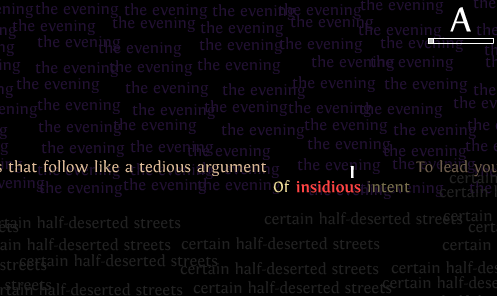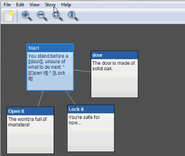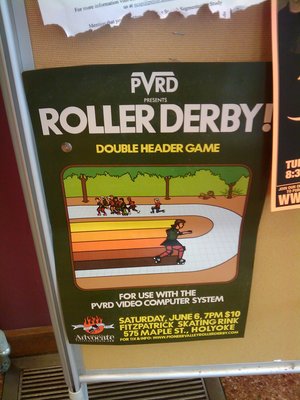Of Late
People I know have been up to many things lately, and many of these surely deserve a full, thoughtful blog post. I won’t manage that, so the least I can do is mention that …
Jason Scott continues to back up Geocities, and, in the process of doing this, has posted page-heaps of under construction and email icons. Warning: ginormous.
Jason Nelson presented his new, uncanny, crapcredible game, Evidence of Everything Exploding.
Jason McIntosh has a great video about a non-digital game, Diplomacy, that he and friends did during a day-long session, wearing more-ot-less nationally appropriate hats.






